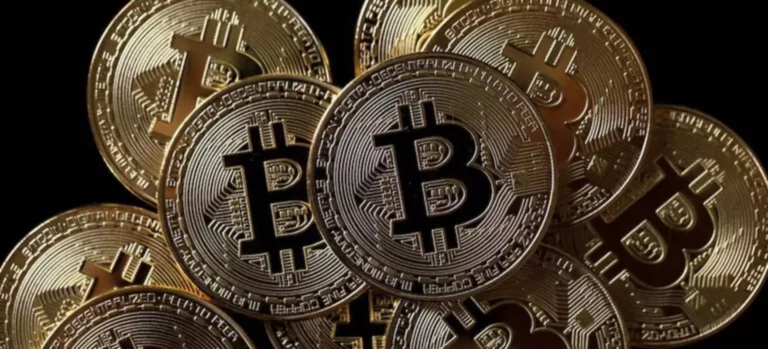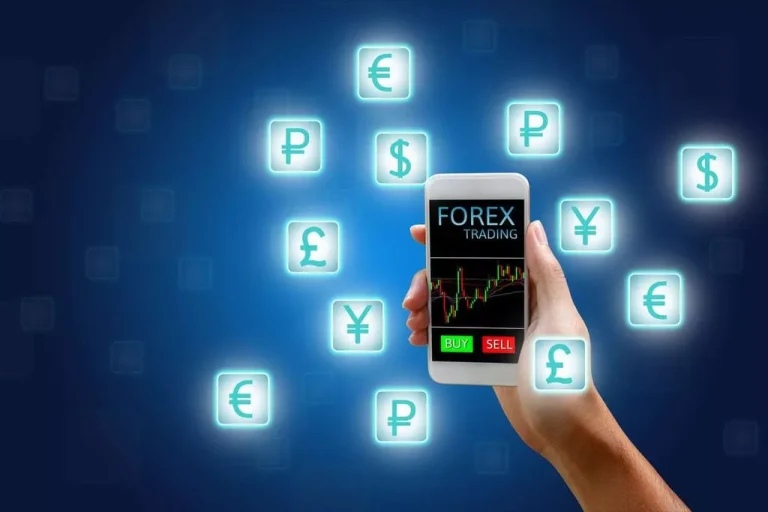Of course, this allows the individual or institution the benefit of holding the asset, while reducing the risk that the future selling price will deviate unexpectedly from the market’s current assessment of the future value of the asset. The exchange itself acts as the counterparty for each exchange-traded derivative transaction. It effectively becomes the seller for every buyer, and the buyer for every seller. This eliminates the risk of the counterparty to the derivative transaction defaulting on its obligations. However, this investor is concerned about potential risks and decides to hedge their position with an option. The investor could buy a put option that gives them the right to sell 100 shares of the underlying stock for $50 per share—known as the strike price—until a specific day in the future—known as the expiration date.
These limits are established to avoid unrealized loss in a position from exceeding a specified level. When these limits are reached, the position will either be liquidated or hedged. Typical stop loss limits include those relating to accumulated unrealized losses for a day, a week or a month. Operational risk is the risk of loss occurring as a result of inadequate systems and control, deficiencies in information systems, human error, or management failure. Derivatives activities can pose challenging operational risk issues because of the complexity of certain products and their continual evolution. A currency swap is an interest rate swap where the two legs to the swap are denominated in different currencies.
Please don’t interpret the order in which products appear on our Site as any endorsement or recommendation from us. Finder.com compares a wide range of products, providers and services but we don’t provide information on all available products, providers or services. Please appreciate that there may be other options available to you than the products, providers or services covered by our service. An option gives you the option to buy or sell a currency at a certain price, and you can do so at any point up until the option expires.

Another example would be cryptocurrencies, where the sky-high price of Bitcoin makes it very expensive to buy. Margin traders would use the leverage provided by Bitcoin futures in order to not tie up their trading capital and also amplify potential returns. However, some of the contracts, including options and futures, are traded on specialized exchanges. The biggest derivative exchanges include the CME Group (Chicago Mercantile Exchange and Chicago Board of Trade), the National Stock Exchange of India, and Eurex. Forwards contracts are similar to futures contracts in the sense that the holder of the contract possesses not only the right but is also under the obligation to carry out the contract as agreed. However, forwards contracts are over-the-counter products, which means they are not regulated and are not bound by specific trading rules and regulations.
Nevertheless, even for plain forward contracts, it is advisable that banks, in their own interest, may explain to the customer, the risk implications of the product. Real estate derivatives were the prime cause of the 2008 Global Financial Crisis. These exchange-traded derivatives are generally less liquid than stocks, index, or commodities derivatives. When you buy or sell NIFTY (or any other index derivative), you invest in the stocks that compose the index.
Derivatives can be difficult for the general public to understand partly because they involve unfamiliar terms. For instance, many instruments have counterparties who take the other side of the trade. The exchange is considered to be safer because it is subject to a lot of regulation. Therefore, it does a good job of preventing the few big participants from taking advantage of the market in their favor. Recently, we have even seen the market develop for cryptocurrency futures on leading tokens such as Bitcoin and Ethereum.
A derivative exchange, also known as a futures exchange or a derivatives market, is a financial marketplace where various types of derivative contracts are traded. Derivatives are financial instruments whose value is derived from an underlying asset, such as stocks, bonds, commodities, or currencies. These instruments include futures contracts, options contracts, swaps, and forward contracts. Some derivatives crypto derivatives exchange (especially swaps) expose investors to counterparty risk, or risk arising from the other party in a financial transaction. For example, standardized stock options by law require the party at risk to have a certain amount deposited with the exchange, showing that they can pay for any losses; banks that help businesses swap variable for fixed rates on loans may do credit checks on both parties.
A forward is like a futures in that it specifies the exchange of goods for a specified price at a specified future date. However, a forward is not traded on an exchange and thus does not have the interim partial payments due to marking to market. Unlike an option, both parties of a futures contract must fulfill the contract on the delivery date.
- Option products have immediate value at the outset because they provide specified protection (intrinsic value) over a given time period (time value).
- A) It is vital, while dealing with potentially complex products, such as derivatives that the board and senior management should understand the nature of the business which the bank is undertaking.
- For instance, when the number of people buying futures and call options with a particular stock as the underlying asset rises exponentially, it paints an optimistic view on the stock’s near-term price.
- If interest rates fall so that the variable rate on the original loan is now 5%, Company XYZ will have to pay Company QRS the 2 percentage-point difference on the loan.
In the case of options, the buyer or the seller can either choose to exercise their right to buy or sell the underlying asset, or they could let the right lapse upon the expiry of the contract. With a futures contract, both the buyer and the seller are legally obligated to honour the contract upon expiry, and both parties must exercise the contract before expiry. Since using derivatives, especially options, is an inexpensive and highly liquid way to gain exposure to an asset without necessarily owning that asset, derivatives are a very important part of the arsenal for financial market speculators.

The NCDEX is still young by some standards, but traders and large market participants are already using contracts to hedge and speculate. This trend is likely to continue as India’s agricultural sector grows in terms of productivity and exports. Depending on the derivative, it’s usually bought and sold either on a centralized exchange or through the over-the-counter (OTC) market.
This reduces much of the counterparty credit risk present in an OTC derivative transaction. For example, the emergence of the first futures contracts can be traced back to the second millennium BC in Mesopotamia. The introduction of new valuation techniques sparked the rapid development of the derivatives market. Swaps are derivative contracts that involve two holders, or parties to the contract, to exchange financial obligations.
As an example, a speculator can buy an option on the S&P 500 that replicates the performance of the index without having to come up with the cash to buy each and every stock in the entire basket. If that trade works in the speculators favor in the short term, she can quickly and easily close her position to realize a profit by selling that option since S&P 500 options are very frequently traded. Futures contracts are standardized contracts that allow the holder of the contract to buy or sell the respective underlying asset at an agreed price on a specific date. The parties involved in a futures contract not only possess the right but also are under the obligation to carry out the contract as agreed.
Individuals and institutions may also look for arbitrage opportunities, as when the current buying price of an asset falls below the price specified in a futures contract to sell the asset. Derivatives can be used either for risk management (i.e. to “hedge” by providing https://www.xcritical.in/ offsetting compensation in case of an undesired event, a kind of “insurance”) or for speculation (i.e. making a financial “bet”). Exchange-traded derivatives have become increasingly popular because of the advantages they have over over-the-counter (OTC) derivatives.
